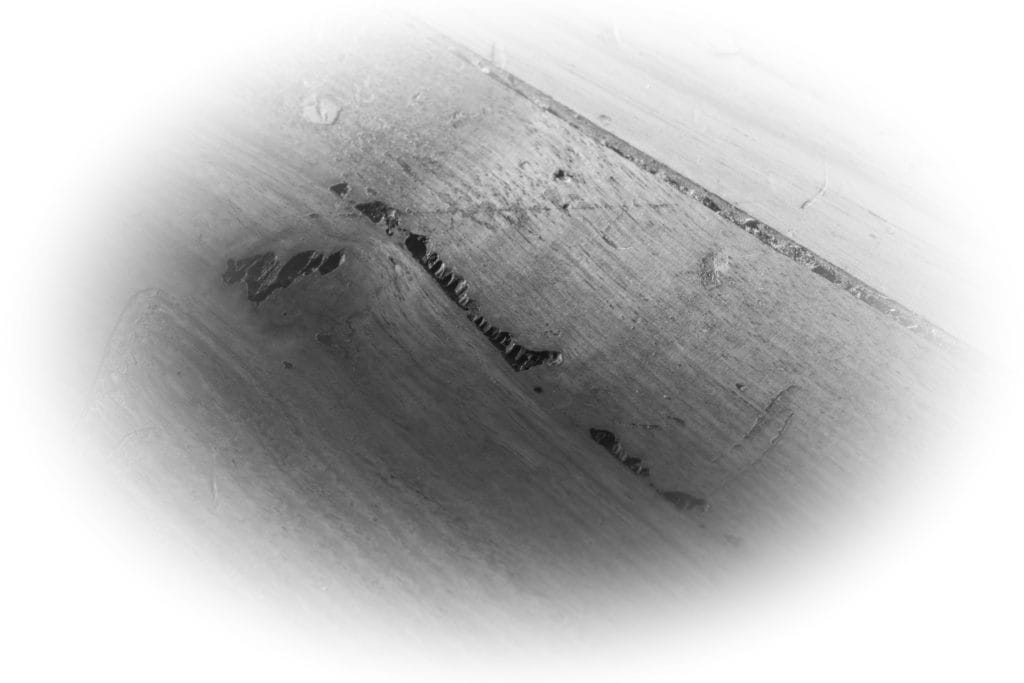What is the role of self-knowledge in yoga?
What is self-knowledge—is it being more aware of oneself, more confident, more assertive?
More self-absorbed? Self-obsessed?
Are we becoming more ourselves or less ourselves?
What is the transformation idea in yoga?
To explore these ideas I’d like to observe a particular quality that exists in a practice. Each day we enter the practice—working at, and refining these movements called asanas. Learning to balance in handstand, stay longer in headstand, but why? For what purpose?
Let us look at this question of refinement in terms of learning. If we study ourselves at the point of the act (doing the asana), if we apply ourselves on the doing (trying to achieve the pose), we use (deletion) skills we already have in our attempt to know the pose. But poses are varied and complex, so that whilst some poses will yield to the skills we have developed throughout our life to date we will, inevitably, encounter asanas which need not only new movements of the body, but also, importantly, new qualities of application (as previously discussed in the article ‘Reshaping Attitudes in Asana’). As we acquire greater skill and proficiency in what we are capable of, paradoxically we move further into areas we are not competent in.
Yoga thus becomes a study of what we don’t know through the encounter with the body in asana. In this arena where perception must be clear and sharp, the yogi should be acutely aware of their own personality and habits. There is a need for self-knowledge. Without this level of awareness, the practitioner uses past responses (habits) and skills with ever diminishing results. New skills and ways of acting and responding become essential throughout the yogi’s life. Yoga is the art of discovery.
Download the full PDF article below

